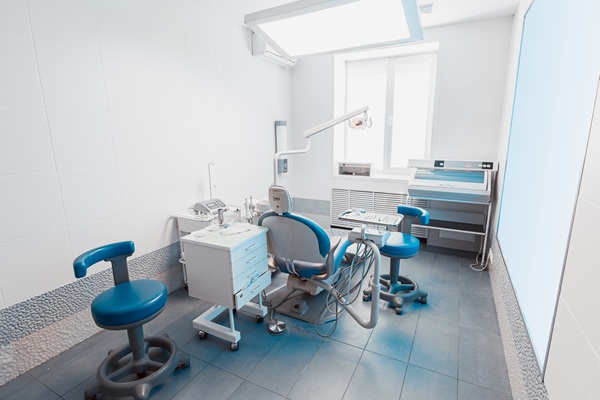How Long Does it Take to Recover from a Tooth Extraction?
If you are in need of a , you may be wondering how long it will take to heal from this procedure. Let's discuss the various reasons for having a tooth extracted, the extraction process itself, and the healing process.
Reasons you may need a tooth removed
There are a variety of reasons why someone would need a tooth extraction. A tooth may have a large cavity that has caused the tooth to be beyond repair. A tooth may be so severely broken that it cannot be fixed. Severe gum disease may have weakened the bone that supports the tooth. A tooth may need to come out, but for some reason, it won't fall out on its own. A baby tooth may be blocking an adult tooth from coming in.
Your dentist may need to create more space in your mouth to administer an orthodontic treatment or put in a denture or dental implant. You may have an impacted tooth that has only partially erupted (not completely on the surface). You may still have your wisdom teeth and had one or more of them become infected. You may even need a tooth extraction simply because the tooth is causing you severe pain.
Recovery time for tooth removal
The recovery time for a tooth extraction varies from patient to patient based on the size and location of the tooth, your overall dental health, and how well you follow the aftercare instructions your dentist provides.
The recovery time for a simple extraction is usually very short. A simple extraction is a tooth extraction involving a tooth that has fully surfaced in the mouth, and no surgical procedure is needed. It is recommended that you take at least two or three days to rest after a simple extraction. Doing this will allow a blood clot to form at the extraction site, which promotes healing and helps prevent infection. After those first 48-72 hours, patients can usually resume normal activity. It will usually take the soft tissue three to four weeks to heal completely.
Surgical tooth removal
Surgical tooth extraction is a more complicated procedure than a simple extraction, and as such, it comes with a somewhat more complex healing process. A surgical extraction is necessary when a tooth is still inside the gums and requires removing part of the jawbone. As with a simple extraction, it is recommended that you take two or three days to rest and allow a clot to form, but you need to wait about a week before doing any strenuous activities.
How much time a patient needs to take off of work will depend on the physical strenuousness of their job. You should discuss this with your oral surgeon before the day of the procedure so you can make arrangements for how much time off you need.
Generally, tooth extraction may not be as bad as it sounds, thanks to modern dentistry and the available anesthesia.
Request an appointment here: https://www.sylvadentist.com or call Sylva Family Dental at (828) 398-1879 for an appointment in our Sylva office.
Check out what others are saying about our dental services on Yelp: .
Recent Posts
There are many reasons that a dentist may require a patient to have a tooth extraction, particularly if the tooth causes problems with the patient’s oral health, function or appearance. After tooth extraction, you should be sure to follow all aftercare instructions provided by the dentist and understand what options are available to replace the…
Interested in professional teeth whitening after braces? Having braces removed can be exciting for patients who are eager to show off their newly-straightened smiles. Most people want to ensure that their smile looks its absolute best, especially once braces have been removed. One way to help achieve that is through a professional teeth whitening appointment.Professional…
While practicing good oral hygiene at home is important, routinely visiting a dental office is essential to maintaining oral health and achieving a confident smile. Whether seeking preventive care, restorative treatments, or cosmetic dental services, understanding what to expect can help make the experience more comfortable and productive. Here are five things patients should know…
Learning more about your options for getting new dentures is necessary, as you need to make a choice that works for you. This requires thinking about your current lifestyle and how denture care will fit in. Denture care is very important, as when you take proper care of your dentures, they can last many years.Finding…


